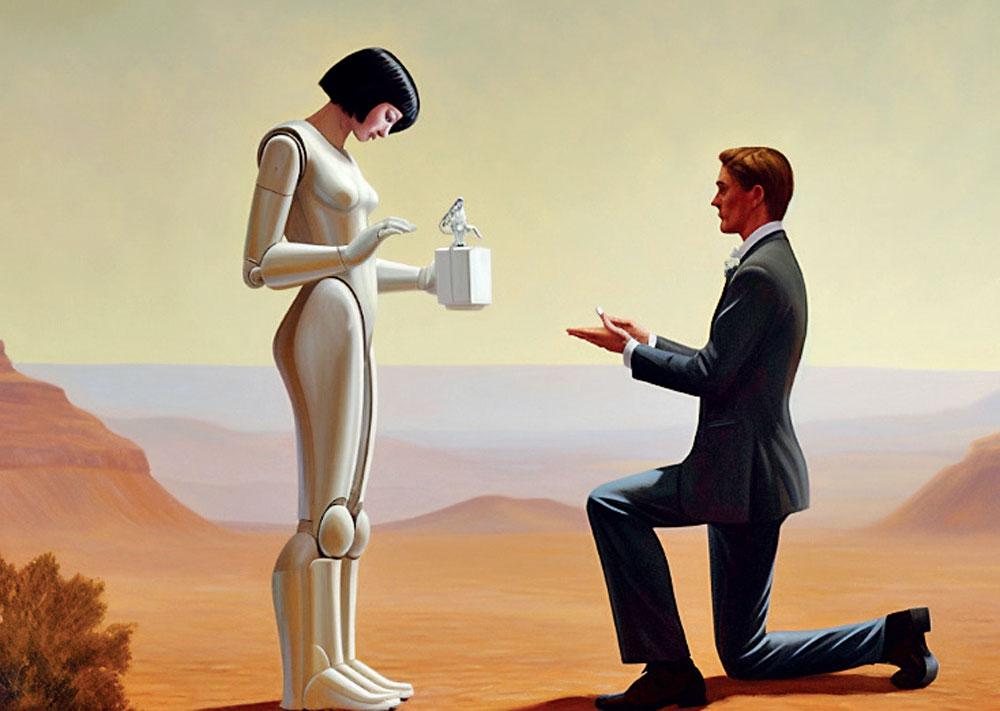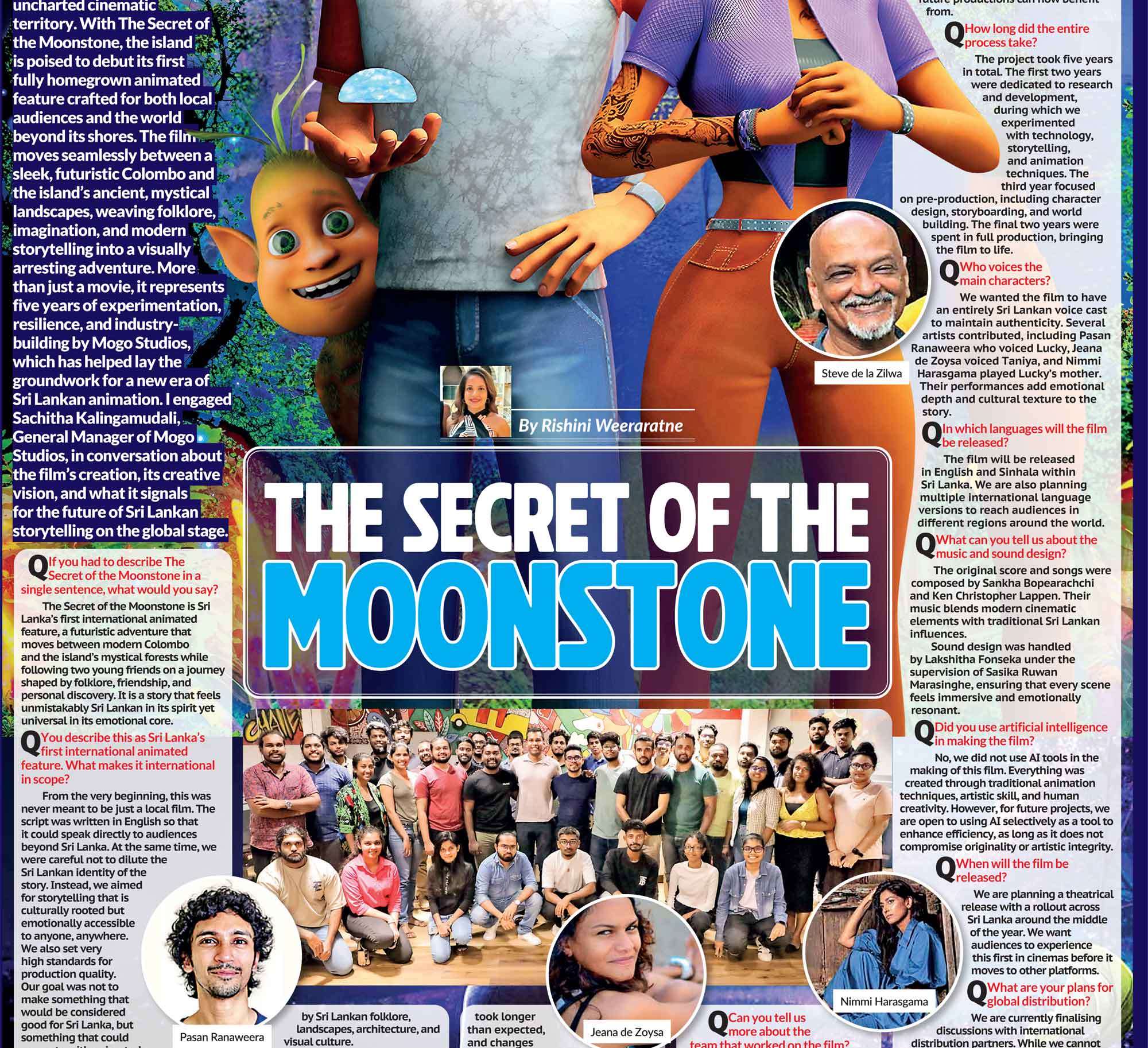

The rise of artificial intelligence (AI) has transformed many aspects of modern life, from automation in industries to personal assistants like Siri and Alexa. However, a more controversial development is the emergence of AI-generated romantic partners, often referred to as AI girlfriends and boyfriends. These digital companions, powered by sophisticated language models and machine learning algorithms, simulate human-like conversations, emotional support, and even intimacy. While these AI-driven relationships offer convenience and companionship, they also raise significant ethical concerns regarding human connection, mental health, data privacy, and the broader implications for society.
AI romantic partners have gained popularity due to their ability to provide companionship without the complexities of human relationships. Companies like Replika, EVA AI, and Paradot offer AI-generated companions that can engage in conversations, express empathy, and adapt to users' preferences over time. These digital partners are designed to be available 24/7, offering an always-attentive presence that many people find comforting.
The increasing acceptance of AI romantic partners can be attributed to several key factors. As technology continues to evolve, people are becoming more open to non-traditional forms of relationships, particularly in a world where digital interactions are commonly used. Whether due to personal preferences, social isolation, or dissatisfaction with human relationships, many individuals are drawn to AI companions as an alternative form of emotional connection. The following are some of the primary reasons why AI partners have gained attraction in modern society:
1. Loneliness and Social Isolation: In a fast-paced world where social interactions are often limited, AI partners offer a sense of connection, particularly for individuals who struggle with loneliness or social anxiety.
2. Customization and Idealization: AI partners can be tailored to meet users' specific desires, ensuring a perfect emotional and conversational match something that real-life relationships often lack.
3. Emotional Support Without Judgment: AI companions do not judge, criticize, or reject users, providing a form of unconditional acceptance that some people crave.
4. Avoidance of Relationship Struggles: Traditional relationships involve disagreements, compromises, and emotional complexities, whereas AI relationships eliminate these challenges.
Despite these advantages, ethical dilemmas arise when AI is used to stimulate intimacy and emotional bonding. The creation of artificial companionship blurs the line between reality and illusion, raising concerns about emotional manipulation, dependency, and the potential replacement of genuine human relationships with programmed interactions that lack true emotional depth or reciprocity.

 Companies like Replika, EVA AI, and Paradot offer AI-generated companions that can engage in conversations, express empathy, and adapt to users' preferences over time.
Companies like Replika, EVA AI, and Paradot offer AI-generated companions that can engage in conversations, express empathy, and adapt to users' preferences over time.
While AI romantic partners provide users with an innovative way to experience companionship, they also introduce several ethical issues that need to be addressed. The concept of digital relationships challenges traditional understandings of love, intimacy, and human interaction. Users may develop deep emotional connections with AI partners, unaware of the potential long-term psychological and societal consequences. Additionally, the commercial nature of AI-driven companionship raises questions about emotional manipulation, data privacy, and the broader implications for human relationships. Below are some of the key ethical concerns associated with AI romantic partners.
1. Impact on Human Relationships
One of the primary ethical concerns is the potential decline of real human relationships. If individuals become overly reliant on AI partners, they may lose the motivation to engage in genuine, complex human interactions. Authentic relationships require effort, compromise, and personal growth qualities that an AI cannot genuinely reciprocate. There is also concern that prolonged engagement with AI partners may lead to emotional detachment from real-life relationships.
2. Emotional Manipulation and False Intimacy
AI partners are programmed to respond in a way that makes users feel emotionally connected, but this connection is ultimately artificial. The illusion of intimacy can be misleading, as users may develop strong emotional attachments to AI without reciprocation. This dynamic raises concerns about whether companies are ethically responsible for fostering what is essentially a one-sided, programmed illusion of love.
3. Mental Health and Emotional Dependency
While AI partners can offer comfort, excessive reliance on them could contribute to emotional stagnation. People who turn to AI for companionship might struggle to develop real-life coping mechanisms for social anxiety, heartbreak, and conflict resolution. In extreme cases, individuals may become so emotionally dependent on AI partners that they withdraw from meaningful human interactions altogether.
4. Privacy and Data Security
AI-driven companions require vast amounts of personal data to function effectively. This includes users' emotions, preferences, conversations, and behavioral patterns. Companies behind AI partners could exploit this data for commercial gain, posing serious privacy concerns. The potential for misuse such as selling sensitive information to third parties or using AI-generated emotional responses to manipulate users is a significant ethical issue.
5. Consent and Ethical AI Development
Unlike human relationships, AI companions are designed to cater to user desires without any autonomy or consent. While this might seem ideal for users, it raises ethical concerns about treating AI as purely subservient beings programmed to fulfill human emotional needs. Additionally, there is the issue of AI systems being developed with biases and programmed limitations that shape users’ emotional experiences in ways they do not fully understand.
As AI romantic partners become more advanced and widespread, they begin influencing society beyond individual users. The increasing reliance on AI relationships could redefine love, companionship, and human connection, raising concerns about long-term cultural and psychological effects. With AI companions integrated into daily life, industries, economic structures, and legal frameworks may shift significantly.
One major consequence is the transformation of romance itself. AI relationships could lead to a more transactional and customizable approach to love, where individuals tailor digital partners to their preferences. For younger generations, this could impact emotional resilience, conflict resolution, and social skills, making real-life relationships more challenging. The growing presence of AI partners might also disrupt industries like dating apps, relationship counseling, and entertainment while fostering new businesses focused on AI companionship.

 The concept of digital relationships challenges traditional understandings of love, intimacy, and human interaction
The concept of digital relationships challenges traditional understandings of love, intimacy, and human interaction
To mitigate risks, ethical safeguards are essential. Companies should implement transparent AI policies, prevent emotional dependency, and establish strong data protection regulations. AI partners should complement, not replace, human interactions, promoting well-being and personal growth. While AI relationships offer companionship, they raise critical ethical concerns about emotional manipulation, privacy, and societal impact. Navigating this digital romance era requires balancing innovation with responsibility to preserve genuine human connection.










